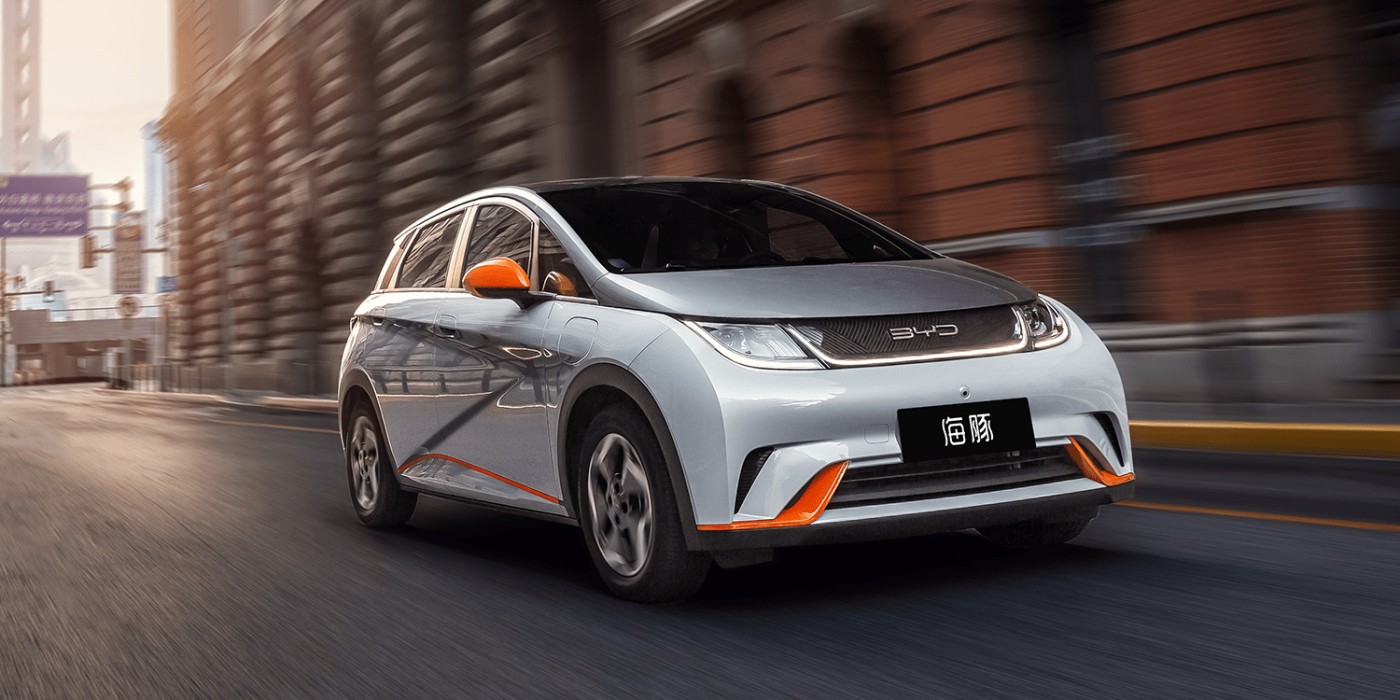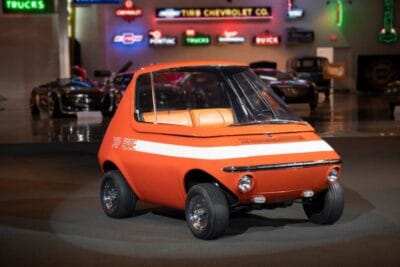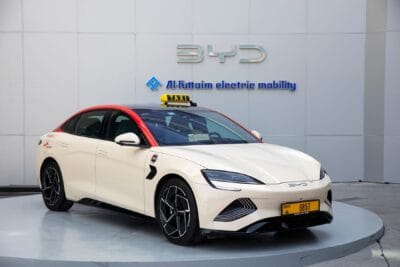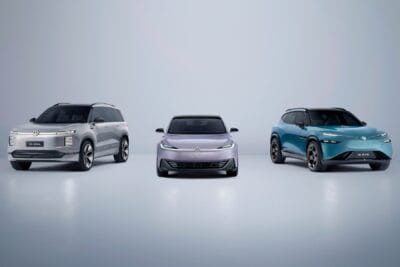Philippines drops import duties for electric vehicles
In order to boost demand for electric vehicles in the face of high fuel costs, the Philippines has abolished import duties on electric vehicles. The scheme will apply not only to cars, but also buses, delivery scales, trucks, motorbikes and e-bikes.
An inter-agency panel chaired by President Ferdinand Marcos Jr approved the abolition of the tariffs on Thursday, according to a Reuters report. Marcos will now issue a decree reducing import duties on electric-powered cars, buses, vans, trucks, motorbikes and bicycles and their components to zero per cent for a period of five years.
Current import duties range from five to 30 per cent. Import duties on hybrid vehicles will not change. Reuters calculates that electric vehicles would currently cost between $21,000 and $49,000, while “conventional vehicles” range from $19,000 to $26,000. It is not clear from the article which models or segments were compared here.
So far, the share of electrically powered vehicles in the Philippines is manageable. Of the more than five million registered vehicles in the country, only 9,000 are electric. According to government data, most of these are electric cars, with an even smaller share of commercial vehicles. And the e-cars that do exist are largely owned by “extremely wealthy individuals”, Reuters writes, citing data from the United States’ International Trade Administration.
The Philippines relies mainly on imported fuel to run vehicles with internal combustion engines. Fossil fuels such as oil and coal are also imported for power plants, but for electricity, the Philippines is more likely to be able to become more independent with renewable energy than fossil fuels.
“The executive order aims to expand market sources and encourage consumers to consider acquiring EVs, improve energy security by reducing dependence on imported fuel, and promote the growth of the domestic EV industry ecosystem,” Economic Planning Secretary Arsenio Balisacan said at a press conference.





0 Comments